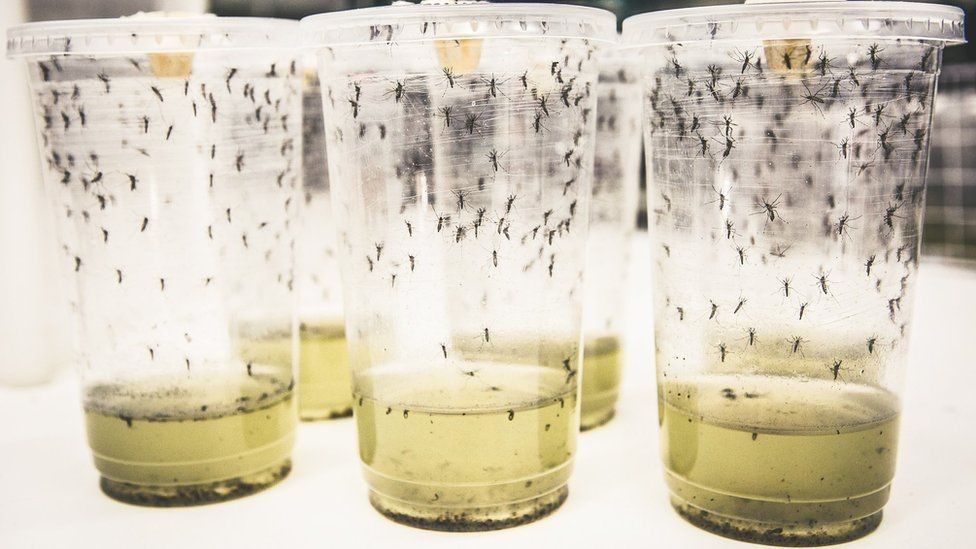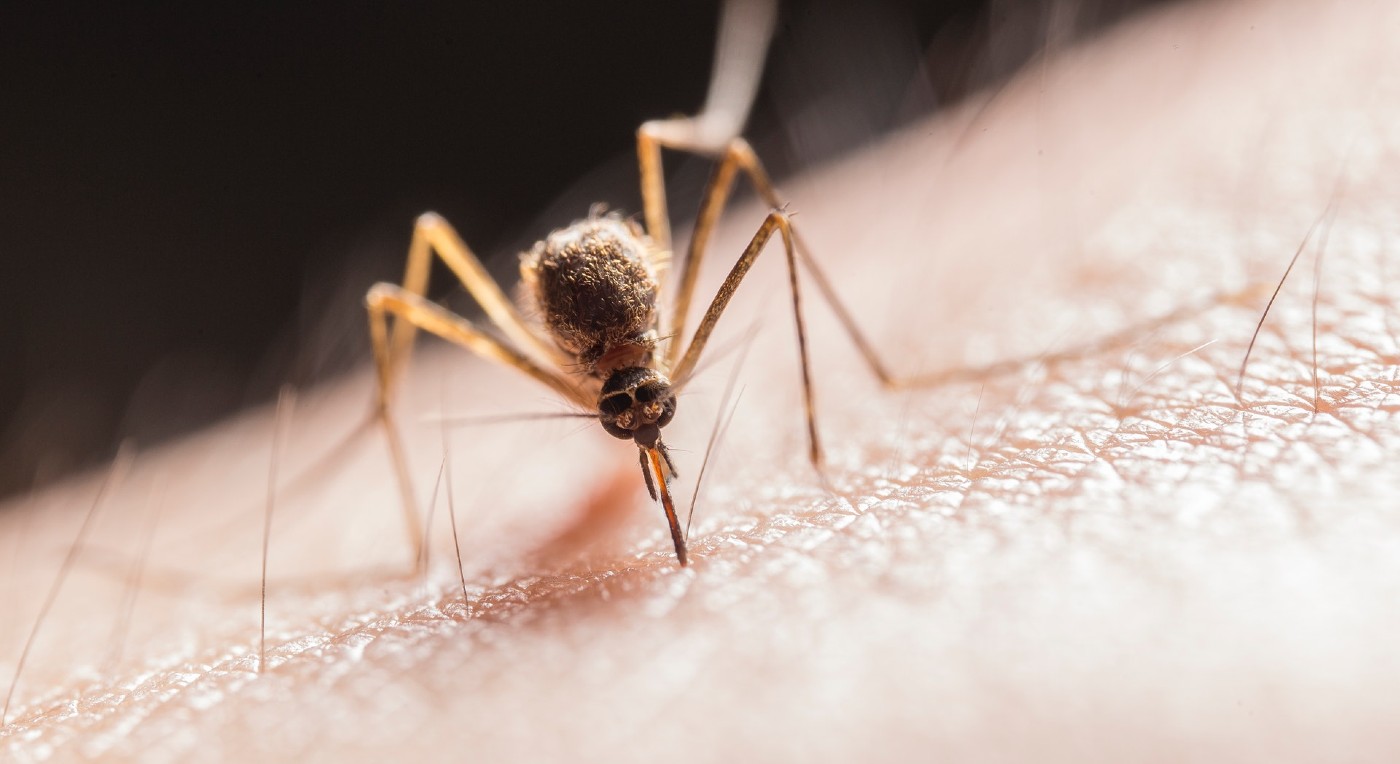Just as mosquitoes and the diseases they carry plague tropical societies, the harnessing of the mosquito society’s own plague, Wolbachia bacteria, is helping Indonesia combat Dengue fever.
Scientists creating an epidemic of wolbachia among mosquitoes in Indonesia dropped rates of infection of Dengue by 77%, opening up new doors in the potential control of mosquito-borne epidemics.
Sometimes called “break-bone fever” due to the intense joint and muscle pain resulting from infection, Dengue, principally spread through the West Nile mosquito aedes aegypti, can put a human out of action for a month.
Spread throughout the world along trade routes out of Asia since the 2nd century BCE, there are now between 100 to 400 million infections worldwide every year.
The city of Yogyakarta in Indonesia was the site of a trial by the World Mosquito Program to see if perhaps Dengue could be controlled by using a species of bacteria often found lodged within a. aegypti. Wolbachia is perhaps the most common reproductive parasite that exists in the biosphere, and between 25% and 70% of all insect species carry it.

The logic is that this “miraculous” bacteria lives in the mosquito exactly where Dengue is trying to go, while also competing for resources like food. The theory is that wolbachia would out-compete and prevent Dengue from replicating.
It wasn’t a long shot as wolbachia was also used to prevent the spread of Zika virus in Brazil in 2016.
RELATED: Landmark Malaria Vaccine is 77% Effective, Tackling One of World’s Biggest Killers of Young Children
Five million mosquito eggs were infected with wolbachia, and were left in buckets of water around the city over the course of 9 months to build up a consistent population of infected mozzies.
The results were vaccine-level successes, with spread of all four varieties of Dengue reduced by 77%, and the hospitalization rate by 86%, in 12 geographical zones of Yogyakarta where they were deployed compared to 12 other zones in which they were not.
Director of Impact Assessment at the World Mosquito Program described the results as “groundbreaking,” adding “we think it can have an even greater impact when it is deployed at scale in large cities around the world, where dengue is a huge public health problem.”
BUZZ This Hopeful Development Over to Pals—Share This Story…




















